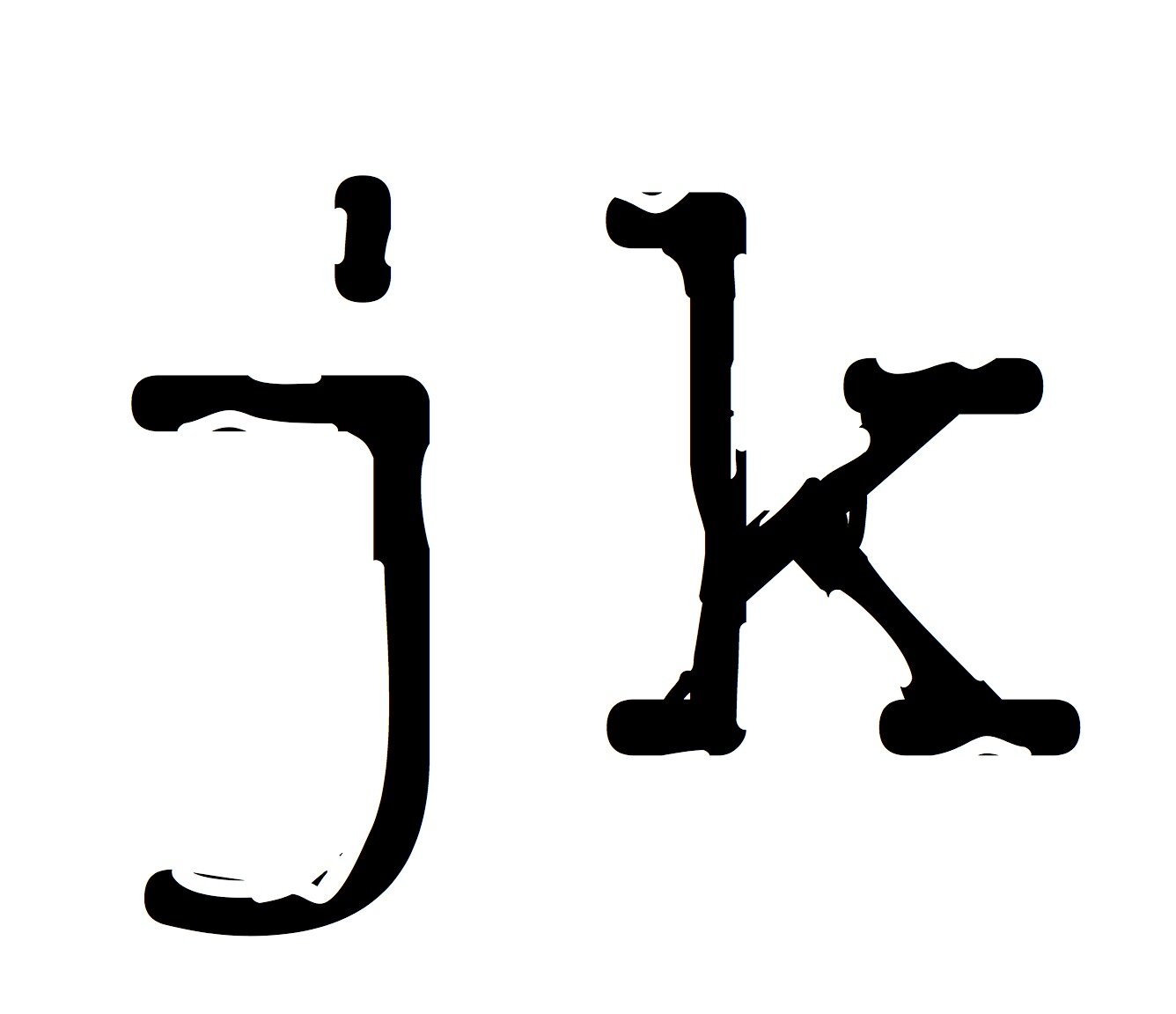Writing a book – or a film script, or an album of music – is a marathon effort. It’s a long game and the end is rarely in focus or in sight. Pacing yourself is essential.
But sometimes throwing in a quick sprint can shake things up.
Writing quickly, without worrying about what goes down, for a short amount of time can get you past a hurdle. It can push you to focus on something other than the scene or issue that’s obstructing your flow. And it can give a quick breath of new inspiration.
Once you do the sprint, step back.
This part is essential. Get some space. Let the dust settle. And when you return, check again for the path forward.





